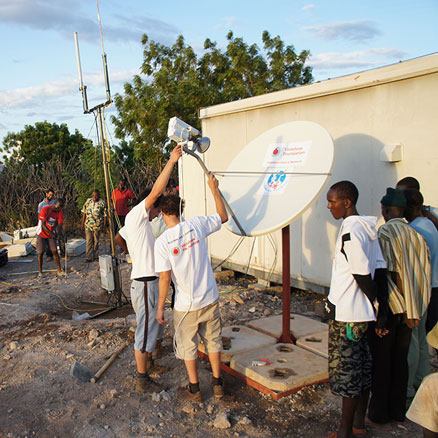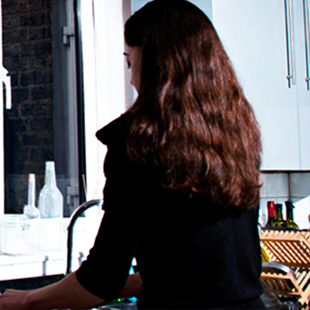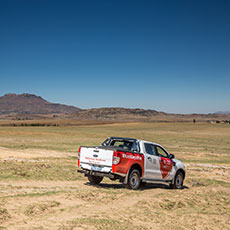2 Instant Network Schools
Population in camp: 143,000
Set up: March 2016
The camp, close to the Burundi border, was set up in 1997 by UNHCR and is one of the largest refugee camps globally. The camp was set up to support the influx of Congolese refugees escaping civil war. Original designed to host 64,000 refugees it has swelled over recent year to 143,000 with almost 80,000 arriving since last April 2016.
‘In spite of never having used a touch screen before, the teachers were able, after just two days of training, to build a basic lesson using the Instant Network School kit. As the teachers proudly share their first lesson on the fauna and economic activities of Lake Tanganyika, the boy next to me becomes quiet. Around 15 years old, Jean escaped the violence in DRC and has lived most of his life in Nyarugusu Camp. Are you ok, I ask? Can I help you with what’s going on? Jean looks at the excited teachers showing – for the first time in any classroom in Nyarugusu – recent pictures, videos, maps and news items to illustrate their lesson. He replies: They showed the fish from the Lake. My mother used to cook those fish for me, and my father would bring them from the Lake. We lived so close to Lake Tanganyika then. I haven’t seen those fish since my mother cooked them for me. And I haven’t seen my mother since she was killed in the conflict and I had to flee here. Jean sits, quietly watching the bustle of the teachers who are laughing and showing the students each new picture they find. Whilst the Instant Network Schools focuses on improving the quality of education, this experience reminds me how isolated refugees, who can be so far away from both the homes they have left and the host communities they are living near, can understand their place in the world. And feel connected: for good’- Extract from one of the volunteers who helped set up the Instant Network School in the camp.
![]()
![]()
![]()






